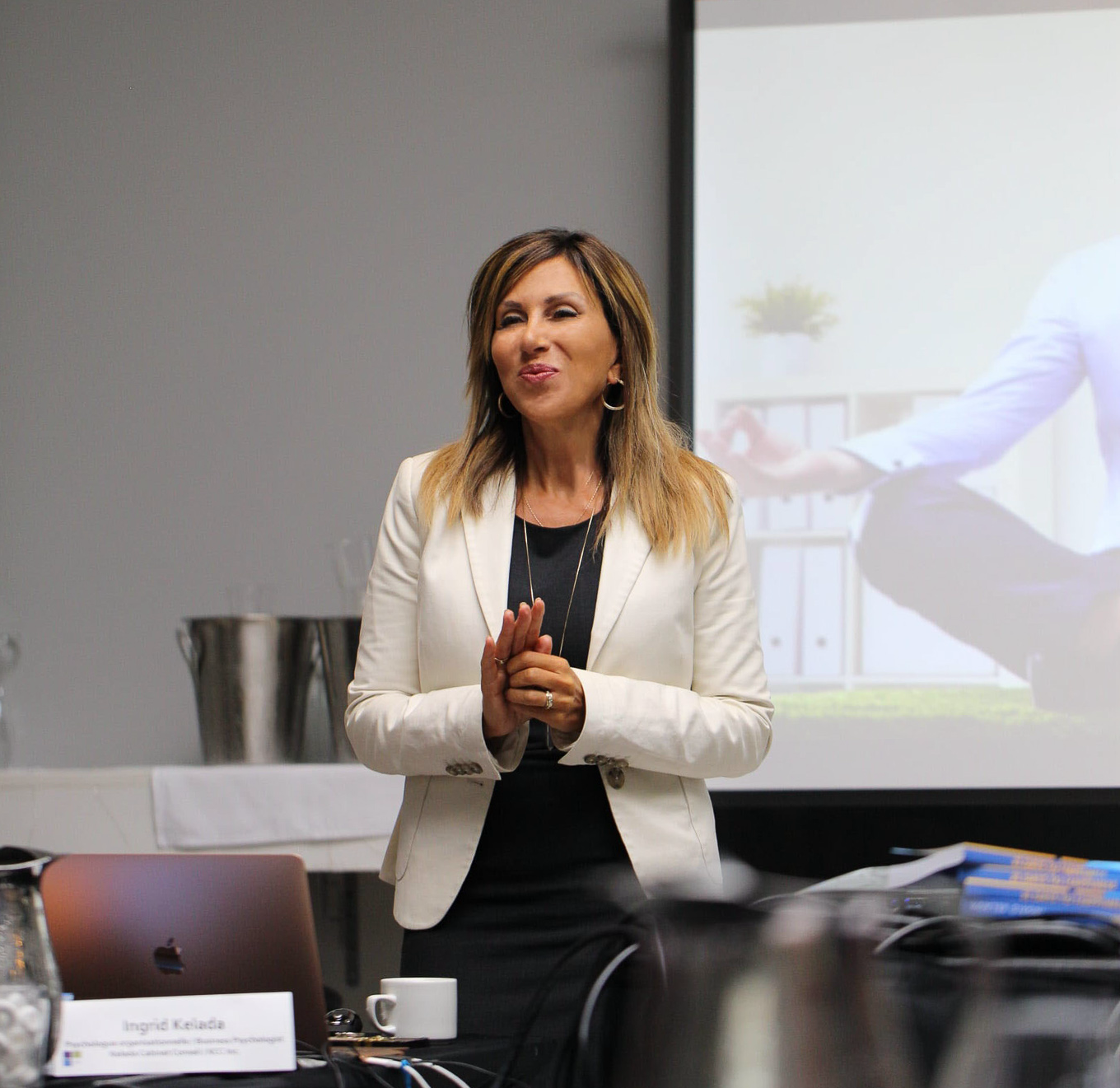Effective Listening Isn’t Waiting Your Turn to Speak
All too often we are far more enthusiastic about talking than we are listening. Yet effective listening is vital for effective communication. Would you believe that most conflicts are simple misunderstandings?
When we are actively listened to we feel valued and are far more likely to be engaged and compromise if necessary.
Listening is about far more than words. Watching facial expression and body language is often a far more accurate barometer than the words that are being used. For example, think about the way you know a genuine smile from a false one. A genuine smile reaches the eyes of the person smiling. A false one is usually just an upturn of the lips.
10 Tips for Effective Listening
Here are some practical tips to help you develop your listening skills and improve your communication with others.
- Make eye contact. Looking at a speaker’s face helps you focus on them and tune out other distractions. It also helps reinforce to the speaker that you’re paying attention. Here’s a quick tip: notice the person’s eye color.
- Consider the speaker’s body language. Is the speaker relaxed, sitting back in a chair with an open posture? Is he anxious, fiddling with his hands and glancing around rapidly? Does he seem closed off with crossed arms or legs?
- Manage your body language. Angle your shoulders so they face the person speaking. Nod occasionally. Don’t multitask…be 100% attentive!
- Ask relevant questions. Effective listening means asking the speaker to clarify when you are not clear what’s being said. Asking questions shows that you are interested.
- Practice reflective listening. Repeat the main ideas back to the speaker, beginning with something like, “What I hear you saying is…”
- Use open-ended questions. Ask who, what, where, when, why, how? Give the speaker time to respond to questions.
- Monitor your tone. Be careful of the tone of your voice when you respond or ask questions. It is all too easy to come across as judgemental or as an interrogator.
- Use empathy. Acknowledge difficulties, but be careful not to fall into the trap of going into anecdotes from your experience. “I sense that you are finding this rather difficult,” rather than, “Oh, I know, it happened to me only like this…”
- Take notes. This demonstrates that what is being said is important to you and that you will follow-up to action items and requests.
- Take a real interest. If you are simply going through the motions the lack of sincerity will be obvious to others. Leave your ego behind, concentrate on the other person.
Try these effective listening strategies at home and at work. Use them with peers, people you lead, and your bosses. Watch how it impacts your relationships. You’ll find people feel more comfortable with you and trust you more, which can only help you be a better leader.
Ingrid Kelada
Business Psychologist/Happiness Expert
KCC Inc.





